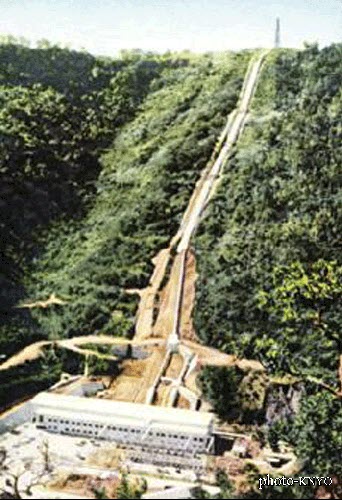The Karenni National Progressive Party has urged Japan's government to reconsider its involvement in the No.2 Lawpita Hydro-power plant in Karenni State under the Oversea Development Assistance program.
 Ku Oo Rei, secretary for the Karenni National Progressive Party, blamed Burma’s government for force relocation, human and animal landmine causalities and a lack of compensation for villagers who lose their land to the dam. Ku Oo Rei claims the dam will have no benefits.
Ku Oo Rei, secretary for the Karenni National Progressive Party, blamed Burma’s government for force relocation, human and animal landmine causalities and a lack of compensation for villagers who lose their land to the dam. Ku Oo Rei claims the dam will have no benefits.
"The international community thinks Burma’s government is making reforms now, but in reality these changes are only a veneer. Japan's government needs to research more about the human right abuses still ongoing in the dam area before they give the government an ODA – people must come first."
The KNPP's statement says that field research will show the reality of the reforms in ethnic areas in Burma. KNNP say the human right situation is the same now as when Japan stopped their ODA to Burma 12 years ago because of the military abuse in the country.
The KNNP recommended Japan's government requests Burma's government to stop human right violations, to release all political prisoners, to stop military offensives in ethnic areas and start political dialogue with ethnic opposition groups.
Japan initially constructed the Lawpita Hydro-power plant in 1974 in Karenni State as part of World War 11 repatriation aid package to Burma.
Burma’s Foreign Minister Wunna Maung Lwin official trip to Tokyo, Japan on October 21, 2011, Japan is considering resuming its Oversea Development Assistance project for Burma's hydropower plant.
At the time about 200 Burmese democracy activists protested in front of the Japan foreign ministry, demanded the ODA not be given until there is proof of real political changes in Burma.
Japan stopped the Oversea Development Assistance to Burma after the killings of Aung San Suu Kyi’s political supporters at Depayin in 2003 by government-sponsored thugs.


